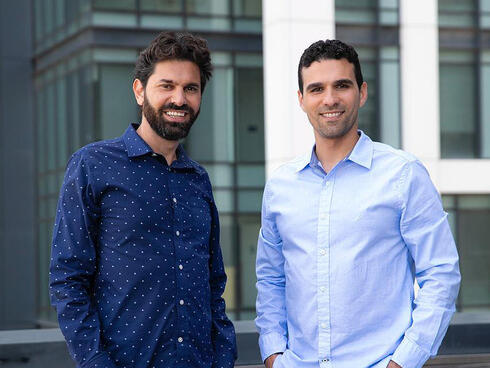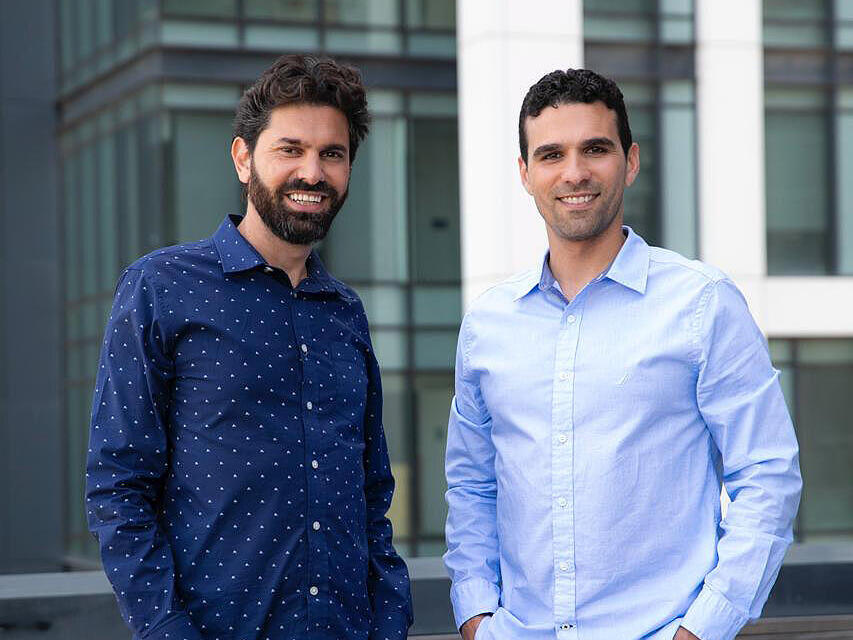
Justt raises $30M Series C amid chargeback market boom
Market corrections trim valuation, but rapid growth keeps the company on track for profitability by 2027.
Israeli startup Justt, which developed a platform for managing chargebacks, has raised $30 million in a Series C round led by Zeev Ventures, with participation from existing investors Oak HC/FT and F2 Venture Capital. This latest funding round brings the company's total capital raised to approximately $100 million.
Calcalist has learned that the company’s valuation in this round was lower than its valuation in the previous fundraising round. According to estimates, the decrease in valuation is not significant and reflects market corrections compared to 2021, a period when there was often a disconnect between companies’ valuations and their actual revenues. Justt was valued at hundreds of millions of dollars at the time.
The company currently employs about 100 people, down from its peak of 200 employees, which included a large team of analysts.
Justt was founded by Ofir Tahor, who serves as CEO, and Roenen Ben Ami, who is the company’s Chief Risk Officer. Tahor is a serial entrepreneur who previously achieved an exit after selling his first startup, Shopial, to the U.S.-based Magento. Ben Ami previously established the chargeback and risk management teams for merchants at Simplex (acquired by Nuvei).
The company stated that it has experienced accelerated growth since launching its platform. In 2023, revenues tripled, and in 2024, revenues more than doubled. Justt expects to continue doubling its revenues annually over the next two years, with a clear path to profitability by 2027.
The market for managing chargeback is expanding due to the growth of online purchases in digital businesses, with the market size estimated at billions of dollars. A significant portion of chargeback results from unintentional mistakes by credit card holders or financial institutions, such as banks. However, some charges arise from intentional fraudulent activity—commonly known as friendly fraud—where customers deny legitimate transactions in an attempt to obtain goods or services for free. These illegitimate transaction denials impose a heavy economic burden on businesses.
In a conversation with Calcalist, CEO Ofir Tahor said that the company underwent significant changes in the past year as it recognized the need to achieve profitability and transition into a cash-generating business.














